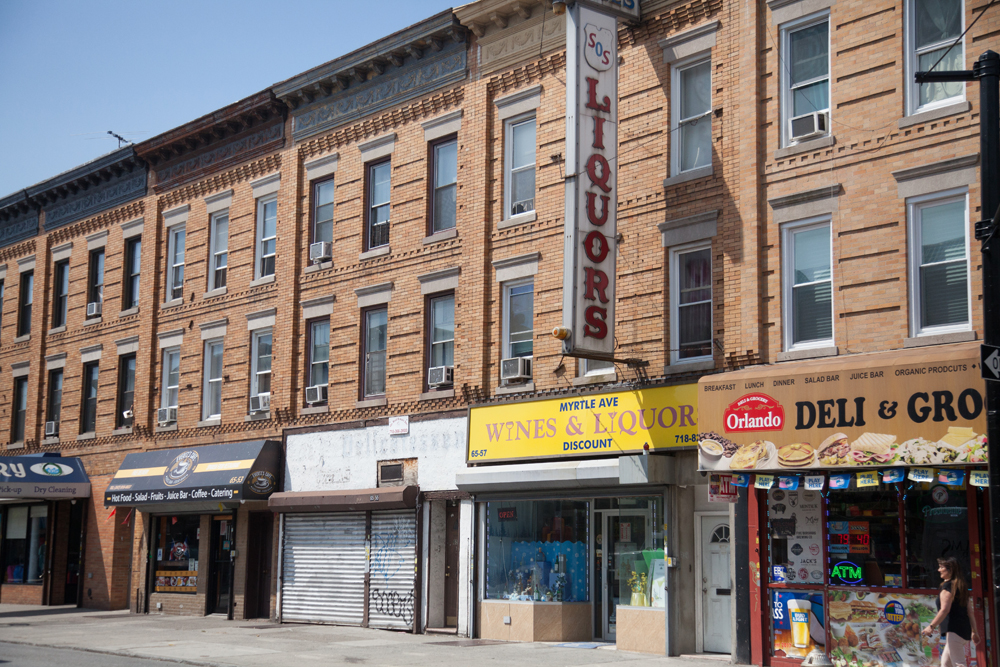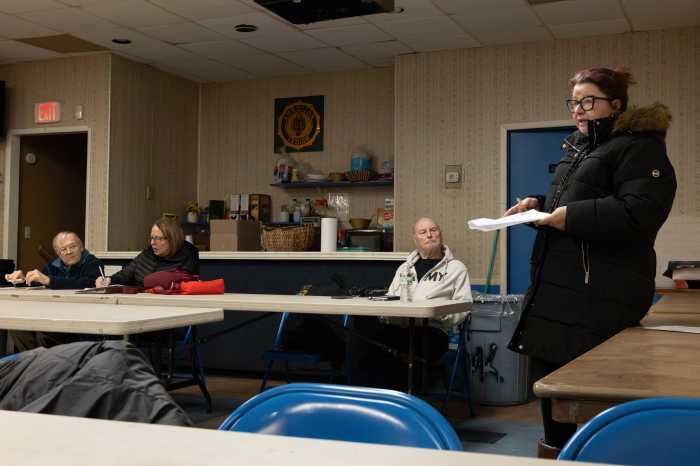While Ridgewood has received an influx of millennial renters driven up the L train corridor in search of slightly cheaper corridor, Glendale has remained insulated from those kind of shifts.
The sleepier neighbor to Ridgewood, is filled with more homeowners. Its lack of transportation options have insulated it from both from upzoning and high-rise development. Its housing stock is filled with older fixer-uppers. But that doesn’t mean that its property values haven’t grown in recent years.
In fact, Bob Kueber, a broker Coldwell Banker Kueber Realty, says that property values are starting to level off.
“They were climbing at a very steep rate. When you looked at the average sale price and at $1 million, that’s a lot. That’s really hot for this area,” said Kueber.
While most of the new development that’s happening in Ridgewood, a large amount of the housing that enters the market for sale in Glendale is either from estate sales of people who are trying to take advantage of flush conditions.
Kueber says that the amount of turnover from sales in recent years stayed remarkably high.
“From January to September
According to 2018 American Community Survey, ZIP code 11385, which comprises Ridgewood and Glendale, had over twice as many rental units as owner-occupied. Kueber said that in Glendale, the ratio skews higher toward homeownership because they housing stock tends to consist more of smaller one-family houses.
According to StreetEasy, Glendale had about one fifth of Ridgewood’s rental stock as of this August.
With a smaller population like Glendale’s, that means that when the price climbs above $700,000, Kueber said that it puts the customers who could afford it in short supply.
“If you’re going to buy, this is the time to buy you. Even with that higher cost, your mortgage payment is still manageable because of the interest rate,” said Kueber.



































